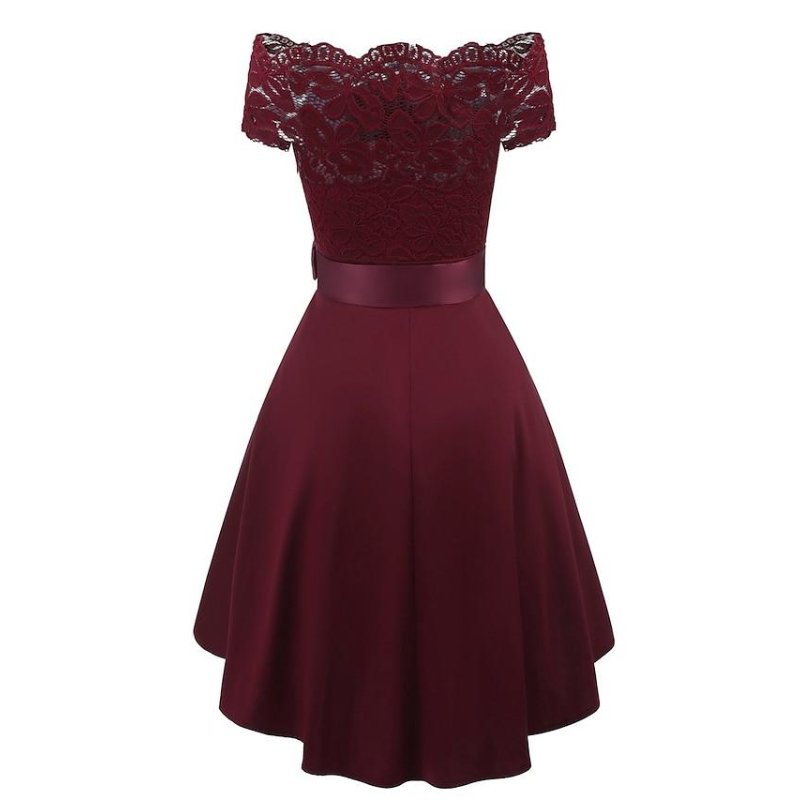Tag: fashion, clothing industry, history, society
The clothing industry has come a long way since the early days of civilization. From simple animal skins to elaborate designer pieces, our attire has evolved alongside human progress and societal changes.
In ancient times, clothing was primarily used for practical purposes such as protection from weather and physical harm. As societies developed and trade routes opened up, people began to use textiles and other materials to create more intricate garments. This marked the beginning of the modern fashion industry.
Throughout history, different cultures have had their own unique styles of dress that reflected their beliefs, values, and social status. For example, in ancient Egypt, fine linen garments were reserved for royalty while ordinary citizens wore simpler cotton or woolen clothes. In medieval Europe, sumptuous fabrics like silk and velvet were only worn by the wealthy elite.
With the advent of globalization in the 20th century came rapid advancements in technology which revolutionized the production process in the clothing industry. Mass production techniques led to cheaper labor costs and faster turnover rates for garments. This allowed for a wider range of affordable options for consumers across all socioeconomic levels.
As time went on, fashion became less about functionality and more about self-expression. People began using clothing as a means to communicate their personal style rather than just meeting basic needs. Today’s fast-paced consumer culture has further amplified this trend with constant demand for new trends pushing retailers towards constantly refreshing their inventory with new collections every season.
However great these developments may seem on surface level; they also raise concerns over sustainability issues as well as ethical treatment of workers within this ever-growing global industry.
Despite these challenges facing today’s apparel market; one thing remains clear – clothing will continue to play an important role not only in our everyday lives but also in shaping society’s perceptions of beauty standards and cultural identities.
The impact that fashion has on our society cannot be denied. Clothing choices often reflect cultural and societal norms, making it a powerful tool for both self-expression and conformity. This is evident in the way certain styles or trends are adopted by different subcultures, creating a sense of unity and belonging.
The fashion industry also has a significant economic impact. It provides employment opportunities for millions of people around the world, from designers to factory workers to retail staff. The clothing industry is also a major contributor to global trade and revenue, with luxury brands like Chanel and Gucci generating billions of dollars in sales each year.
However, as consumer demand for cheaper and faster fashion increases, so does the environmental toll on our planet. The production of clothing requires vast amounts of energy, water, and resources while also producing harmful emissions that contribute to climate change.
Moreover, issues such as sweatshop labor and exploitation of garment workers have come under scrutiny in recent years. Brands are now being held accountable for their supply chains and ethical practices.
In response to these concerns, there has been a growing movement towards sustainable fashion – promoting environmentally-friendly materials




